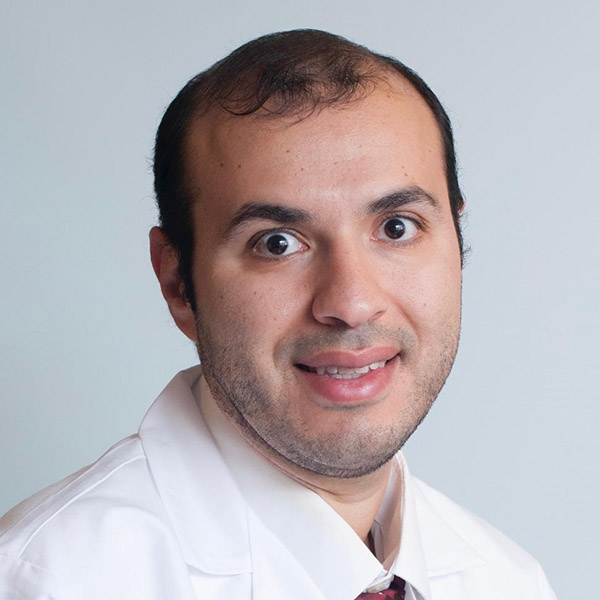Scholarship Opportunities During Interventional Cardiology Fellowship
I am sure you are excited about starting this new chapter in your training. During this year, you will gain the clinical and procedural skills to become a competent interventional cardiologist. The learning curve, especially early in the academic year, is steep and all the new content can be overwhelming. Yet, it is important to look out for opportunities to get involved in some scholarship during this year, especially for those who are interested in pursuing an academic career. Even if you had no or minimal research experience prior to this year, you could still consider some of these ideas and tips. Identifying a mentor at your institution or elsewhere who shares some common interests is a valuable step and facilitates the process of achieving a fruitful outcome (i.e., publication and/or presentation of your findings at a national meeting).
During your everyday clinical practice, you might come across an interesting or uncommon clinical presentation or procedural outcome (i.e., complication). Once you have conducted a quick literature search to identify if this scenario has been previously published, several journals of the JACC family (such as JACC: Cardiovascular Interventions and JACC: Cardiovascular Imaging) welcome such submissions under the category of "Images." These submissions typically consist of a brief description of the case (usually less than 400 words) and why you think the image is interesting. The main focus of these submissions is on the images and/or accompanying video. If you think that the case is rather more interesting and this brief format would not adequately do it justice, then you might consider submitting it as a case report to JACC: Case Reports, which allows additional words for a more in-depth presentation and discussion. Once you have completed the task of the literature search on the topic, you may consider writing up the topic as a narrative or systematic review if no such reviews have been recently published.
If you do have interest in original investigation in interventional cardiology, such as the impact of a certain device or therapy on an outcome, then conducting a research study is still feasible if you identify the right data source to do so. In many institutions, readily available databases for clinical research do not exist, but that should not preclude you from your goal. One might consider utilizing some of the publicly available resources such as performing a meta-analysis on the topic or using one of the readily available databases such as those provided by the Agency for Healthcare Research and Quality.
The College also offers a valuable resource in the NCDR registries: CathPCI registry (collects data relevant to PCI), TVT registry (percutaneous valvular interventions such as TAVR), PVI registry (peripheral vascular interventions) and MI registry (patients admitted with myocardial infarction). For pediatric and congenital interventionalists, there is also the IMPACT registry. These registries have a plethora of clinical data and could be utilized to answer relevant clinical research questions and I encourage you to review the data elements collected by each registry to obtain a better understanding. The process involves formulating a research proposal describing the significance of the clinical question, the requested data elements and a brief summary for the proposed statistical analysis. The cycle for proposal submissions may vary by registry but for most it is once yearly in February. So, no matter what your research interest is, you will likely find that the NCDR registries are a useful resource.
There are ample opportunities for scholarly work during your interventional year. While it is early in the year and you are familiarizing yourself with the different procedural techniques, I would encourage you to consider some of these tips to also have some academic productivity by the end of the year.
